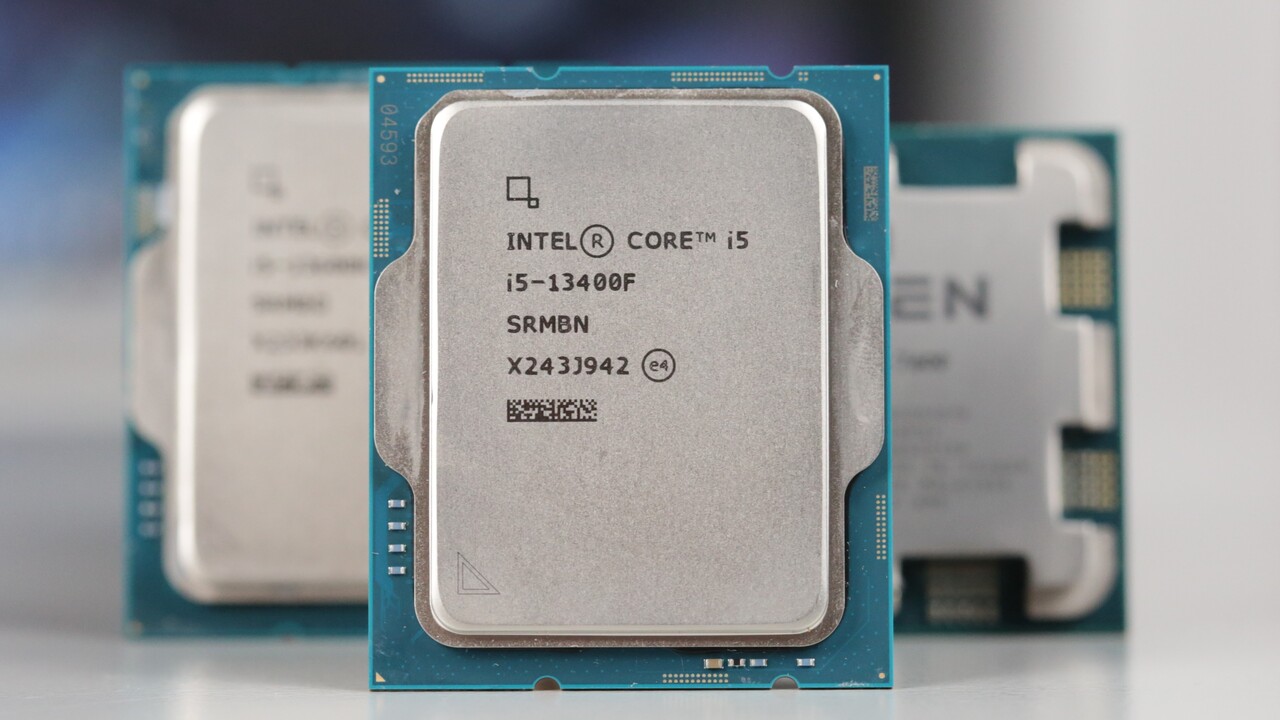So you missed the fact that they used fast memory on Raptor lake, and slow memory on Zen 4 ? As that invalidates any results. This review is crap.
"Invalidates" is a strong word. In fact the review shows stock results for 13900K and 7950x, running 5600 and 5200 DDR5 speeds accordingly. Raptor Lake is ahead by 24% in 13900KS incarnation.
How much can typical Z4 guy can expect to add? 800-1000Mts + tuning, ending up with 6000-6200 speed. While Intel can add 1600-2000Mts + tuning, ending up with 7200-7600 speed. Does not take a rocket scientist to realize that Intel will scale better even if we ignore the fact that Intel scales better with faster RAM due to core being wider.
So review is perfectly fine, stronger core with better memory subsystem beats the hell out of weaker core with 1st generation DDR5 controller in gaming where those things matter the most.
So those are the objective facts, what these reviews fail to mention are, I can expand on them since I own and overclocked both systems:
1) Running XMP memory speeds and timings for AMD and Intel leaves plenty of performance on table, tightening secondary and tertiary timings is a must. In this department Intel seems to go further, while AMD is more limited and harder to push ( see 2 ).
2) Anyone tuning memory on AM5 is beta tester for AMD. Experience is horrible, safe boot after memory training failure does not work, BIOS is missing certain options. Some BIOS'es have same memory timings and settings duplicated in 2-3 vendor and AMD menus and duplicates have crazy interactions between them.
So You will be fighting for those nanoseconds. AM5 has dubiuos achievement of more ruined OS installs and BIOS resets with battery shorting than all previuos combined OC experience since ABIT BH6. Things are improving with each BIOS, but compared to Z690 + 13900KS it is still hell on earth and nothing to show for.
3) DDR4 is still going very strong on Raptor Lake. 4200-4300 speeds seem to be doable and tuned are matching DDR5 8000. So Raptor Lake does not have to be expensive, $200 Z690 + 2x16GB B-Die DR ram and after tuning You can score better than in review, since they most likely ran DDR5 XMP and 7400 speed is just 3700 IMC clock, compared to 4000+ for DDR5.
4) DDR5 will continue scaling for Intel, while Zen4 seems to be stuck hard in 6200-6400 region, there seems to be both hard wall in clock and due to them internal datapaths like Infinity Fabric don't scale beyond 2200ish clocks.
So for proper gaming machine from AMD one needs to wait for X3D parts and Zen4 based laptop chips.






